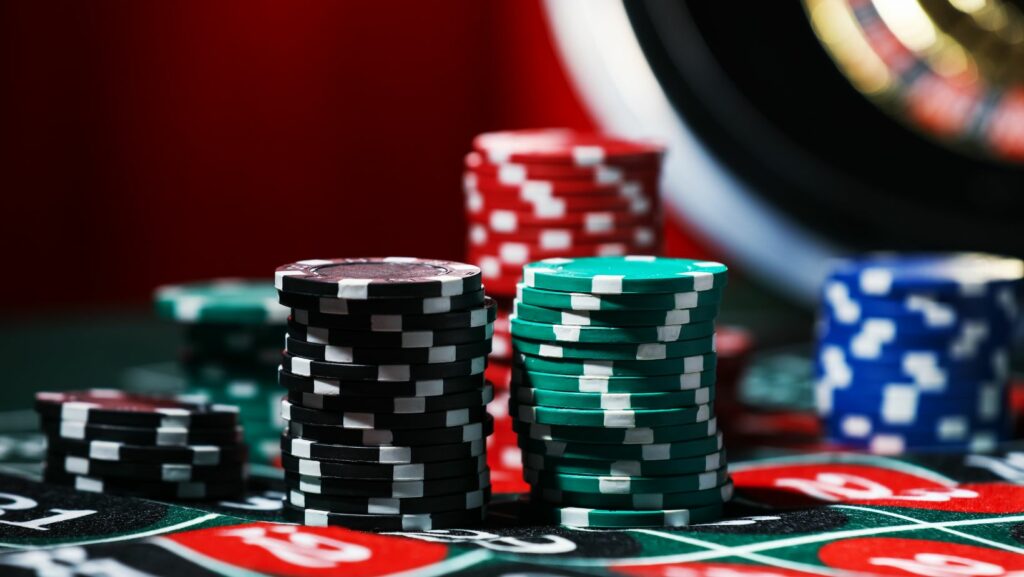Gambling addiction is a rather serious problem affecting millions of people all around the world. This is why it is not just important to understand the psychological effects and the emotional effects of a gambling addiction. It is also crucial to understand the effects of addiction on the life of the individual.
The Psychological Strain of Gambling Addiction
Gambling too much can lead to different psychological complications. One can become addicted to the sensation of winning due to the feedback loop of an action, which results in an outcome being designed to repeat. This could ultimately lead to anxiety, depression, and stress.
It may also be stimulated by great expectations, where one always wants to win big. The individual may develop unrealistic thinking behaviors that involve believing they can influence the outcome of a game, such as winning or losing. The consideration can help them avoid seeking any help, as they are convinced they can win someday.
Emotional Consequences
Gambling addiction may affect the state of mind of an individual emotionally. Some victims of this addiction become full of guilt, shame, and frustration. They may feel that they have failed their family or failed to achieve personal set goals. This can introduce a self-esteem deficiency and a sense of hopelessness, and even more complicated may be approaching addictive behavior.

And on top of that, there are the emotional ups and downs of loss and win, which is draining. It could demean or even put the individual down upon loss and breathe life into false hope upon a win. This highly uncertain emotional condition can add a destabilizing foundation to relationships and self-esteem.
The Social Impact of Gambling Addiction
It is not only the sufferer of the gambling addiction but also the source of stress in the attachment to both family and friends. The fact that an individual’s gambling habits are a private matter is simply a matter of eroding trust, hence creating a feeling of betrayal. It can be a cause of individual relationship struggle, and with time, this can drift towards isolation. Uncontrolled gamblers may prioritize their habit over the individuals they love, thus leading to broken marriages, friendships, and family bonds.
The problem of gambling addiction in financial terms can trigger the sensation of awe and anxiety, especially when debts start to build up. Individuals may be grappling with guilt over their decision, which could further alienate them. The mental health conditions can be exacerbated by the fact that the financial instability does not need to be demanded, but can be added to the stress factor.
Breaking the Cycle of Gambling Addiction
Addiction to gambling is one that must be broken through integration of self-awareness, support, and professional help. They could pursue therapy that could be cognitive-behavioral therapy (CBT) and modify their thought patterns that foster the addiction.
Certainly, one should consider joining support groups like Gamblers Anonymous to gain a sense of community and valuable experience. Medication may be prescribed occasionally with the idea of regulating the urges of gambling.
In conclusion, gambling addiction can be called a psychological health problem with far-reaching psychological and emotional influence. Due to the psychological effects of compulsive gambling, one may experience anxiety, depression, and isolation. This is why it is important to always seek help from professionals.
